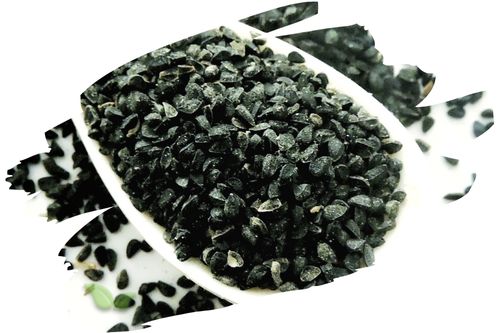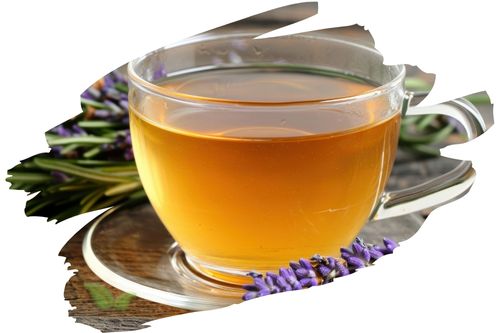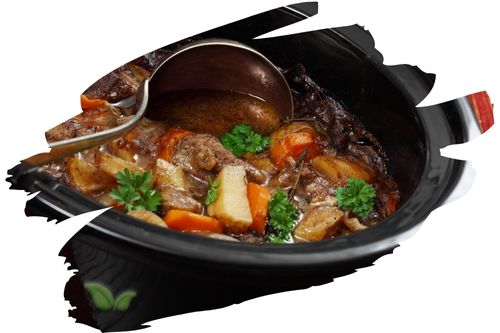
Introduction
When it comes to adding heat and flavor to your favorite dishes, chili powder and crushed red pepper are two pantry staples that come to mind. While they may seem interchangeable at first glance, there are subtle differences that can significantly impact your culinary creations. Let's break down the distinctions between these fiery seasonings.
Chili Powder: The Fiery Blend
Chili Powder Composition: Chili powder is typically a blend of dried chili peppers, cumin, garlic powder, and other spices. The exact ingredients may vary, but it's known for its complex flavor profile.
Flavor Profile: Chili powder offers a well-rounded flavor with notes of earthiness, smokiness, and a moderate level of heat. It's ideal for adding depth to dishes like chili con carne, enchiladas, and tacos.
Heat Level: The heat level of chili powder is moderate, making it suitable for a wide range of palates. It won't overwhelm your taste buds but will add a pleasant kick.
Common Uses: Chili powder is a versatile spice used in various cuisines, including Mexican, Tex-Mex, and Indian. It's perfect for seasoning meats, stews, and sauces.
Crushed Red Pepper: The Bold and Spicy
Crushed Red Pepper Composition: Crushed red pepper is made from dried and crushed red chili peppers. Its simplicity is its strength, allowing the pure heat of the peppers to shine.
Flavor Profile: Crushed red pepper is all about heat. It delivers a fiery punch without the complexity of other spices. It's perfect for those who crave intense spiciness.
Heat Level: Crushed red pepper is notably hotter than chili powder. A little goes a long way, so use it sparingly if you prefer milder dishes.
Common Uses: This spice is often sprinkled over pizzas, pasta, and stir-fries. It's a fantastic addition when you want to turn up the heat in your meal.
Chili Powder vs. Crushed Red Pepper in Recipes
Now that we've explored their individual characteristics, let's see how Chili Powder vs. Crushed Red Pepper stack up in popular recipes.
Chili Con Carne
Chili Powder: Chili powder is a must for creating the rich, smoky flavor in chili con carne. Its balanced heat complements the meat and beans perfectly.
Crushed Red Pepper: While not traditionally used in chili con carne, a pinch of crushed red pepper can add an extra layer of spiciness for those who like it hot.
Margherita Pizza
Chili Powder: Chili powder doesn't typically find its way onto Margherita pizza, as its flavor profile doesn't harmonize with the simplicity of this classic pie.
Crushed Red Pepper: Crushed red pepper, on the other hand, is a common topping for pizza, adding a fiery zing that pairs well with the cheese and tomatoes.
When to Choose Chili Powder or Crushed Red Pepper
Chili Powder
- Use chili powder when you want a balanced, smoky flavor with moderate heat.
- It's perfect for Mexican and Tex-Mex dishes like tacos, fajitas, and mole sauce.
- Add it to rubs for grilled meats for a flavor-packed barbecue experience.
Crushed Red Pepper
- Opt for crushed red pepper when you crave intense spiciness without complex flavors.
- Sprinkle it on pasta, pizza, and noodle dishes for a fiery kick.
- Use it sparingly to avoid overwhelming your dish with heat.
Frequently Asked Questions
Q: Can I substitute chili powder for crushed red pepper?
A: While you can substitute them in a pinch, be mindful of the heat level. Chili powder is milder, so use less if replacing crushed red pepper.
Q: Are there different types of chili powder?
A: Yes, various types of chili powder exist, such as ancho, chipotle, and cayenne, each offering unique flavors and heat levels.
Q: How should I store these spices?
A: Store both chili powder and crushed red pepper in airtight containers in a cool, dark place to preserve their freshness and flavor.
Q: Can I adjust the heat level of my dishes with these spices?
A: Absolutely! Start with a small amount and taste as you go. You can always add more spice, but it's challenging to reduce heat once it's added.
Q: Are there any health benefits to these spices?
A: While we're not discussing health benefits in this article, both chili powder and crushed red pepper are believed to have antioxidant and anti-inflammatory properties.
Q: Which spice is better for chili?
A: For chili, chili powder is the preferred choice as it provides a robust, well-rounded flavor that complements the dish's ingredients.
Conclusion
In the world of culinary exploration, understanding the differences between chili powder and crushed red pepper opens up a world of flavor possibilities. Whether you prefer the balanced complexity of chili powder or the intense spiciness of crushed red pepper, both have a place in your kitchen arsenal. Experiment, taste, and savor the fiery delights of these fantastic spices.
Alert: While spices can have many beneficial properties for health, using them for medical purposes should be done under the guidance and supervision of a healthcare professional or specialist. Some spices may interact with medications or cause adverse reactions in certain individuals, and it is important to use them safely and appropriately. If you are considering using spices for a medical condition, it is important to consult with a healthcare professional before doing so.




















































